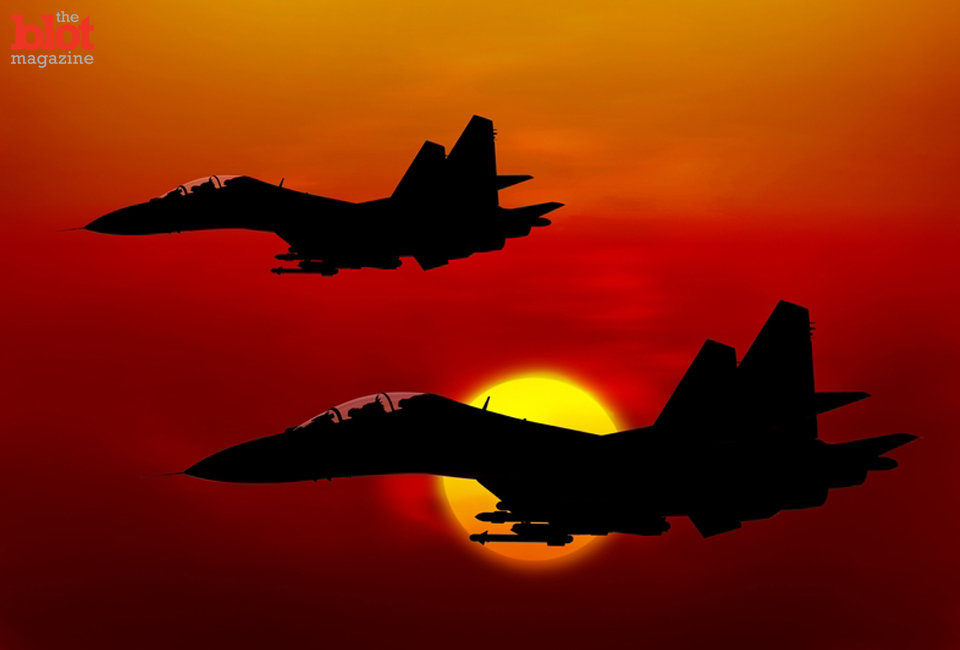Airstrikes led by the United States and Arab partners have significantly impacted the Islamic State’s ability to produce, refine and sell petroleum, impacting the largest money-making operation keeping the terrorist network afloat.
According to a report released this month by the International Energy Agency, the Islamic State controls approximately 20,000 barrels of daily oil production, down from 70,000 barrels prior to the start of U.S.-led campaigns targeting the terror network’s interests in Syria and Iraq.
Bloomberg reported that jihadis controlled a total of thirteen oil fields — six in Syria, seven in Iraq — plus an oil refinery before coalition partners engaged in airstrikes against the terrorist group. Though militants were only able to produce about half of their total potential output of oil, they had no problem in selling what they did produce, often selling barrels on the black market to middlemen for well below market cost. Whereas a normal barrel of oil would go between $90 and $100, Islamic State fighters were selling their ill-gotten goods for approximately $40 to $50. Middlemen paid fighters in cash, making assets difficult to freeze.
But oil fields and caravans were not hard for American warplanes and ships to spot. Since campaigns against the Islamic State began in September, it is estimated that American missiles have wiped out approximately 70 percent of the Islamic State’s oil business, severely impacting their largest money-making asset.
“Very quickly, Islamic State has gone from the richest terrorist group in history to the world’s poorest nation-state,” Michael Knights, an expert on Middle Eastern affairs, told Bloomberg Businessweek.
The damage inflicted on the Islamic State’s oil business was not by coincidence: According to senior officials who spoke to the Washington Post in September, the military saw an opportunity to severely impact the influence of the terror network by targeting its petroleum exports.
“We think there are targets to go after, whether outside financing, oil sales or smuggling. All of it we think we can go after,” a person identified as “senior administration official” told the paper.
In September, the Pentagon officially denied it had targeted oil installations controlled by the Islamic State. It is widely believed that the contrary is true, even if it means military officials colluded with partner nations who themselves carried out the attacks.
All of this is not to say that the Islamic State is suddenly finding itself without revenue. There are still four key factors that contribute to the Islamic State’s cash flow, including the terror network’s control of wheat grown in Iraq (it is estimated the group controls 40 percent of the country’s wheat output), ransom payments in exchange for releasing foreign nationals held hostage and extortion of local citizens. Wealthy individuals from Saudi Arabia, Qatar and Kuwait are also said to have contributed significant capital to Islamic State-led operations.
But there’s no doubt that American-led strikes have sharply reduced the amount of cash there is to go around. With a significant reduction in capital, the group is now left scrambling to figure out how it will be able to pay the lofty salaries of its fighters (while $400 a month may not sound like a lot to westerners, the amount is almost triple what Syrian rebels are paid, according to Businessweek). It also must figure out how it will afford repairs to machinery and equipment damaged by U.S. missiles.
The Islamic State’s quick success could ultimately be its undoing: An early goal to rapidly create a caliphate across the Middle East may have been too ambitious. As the Atlantic Council’s Faysal Itani said: “If you’re going to act like a state, you can be taken down like one.”






